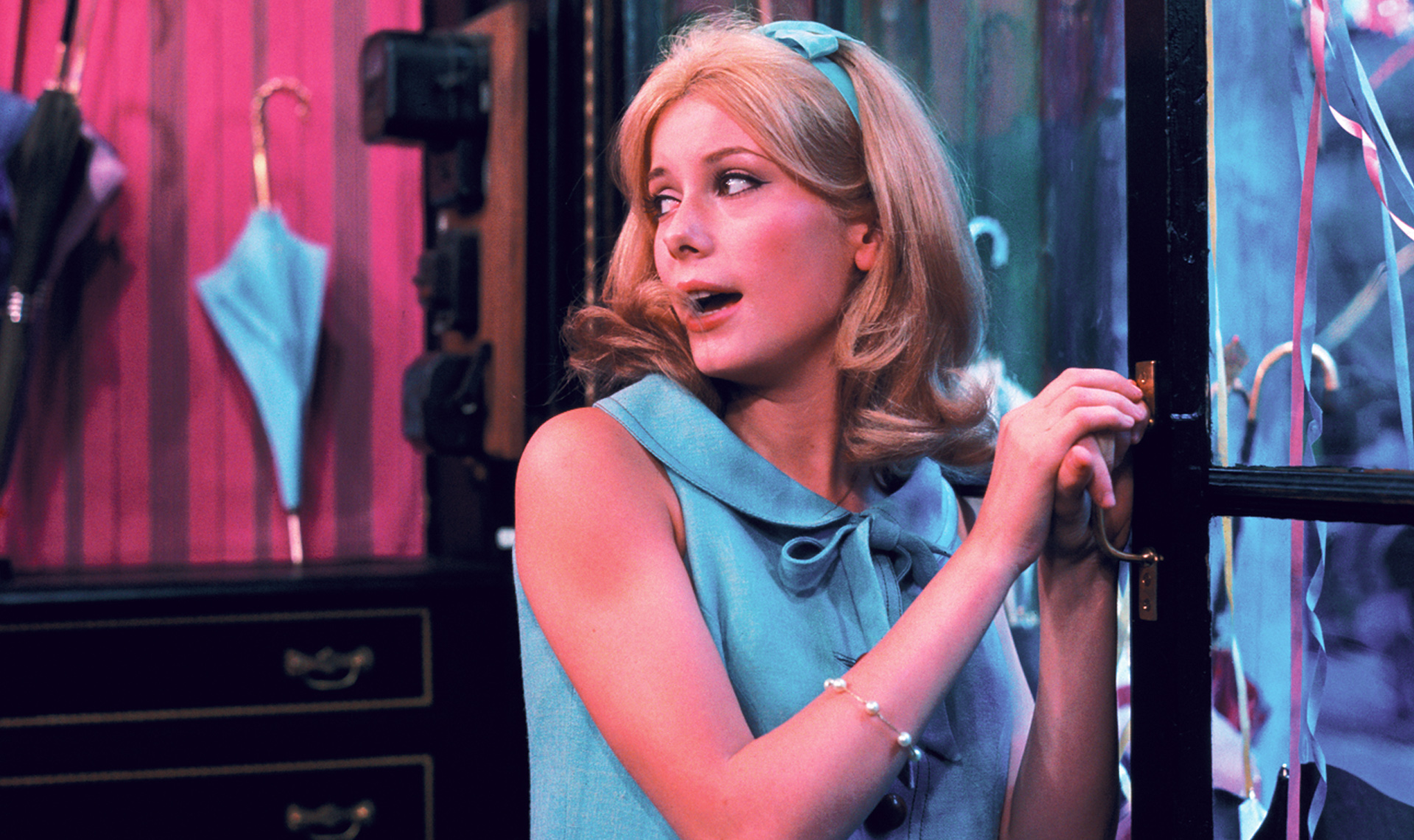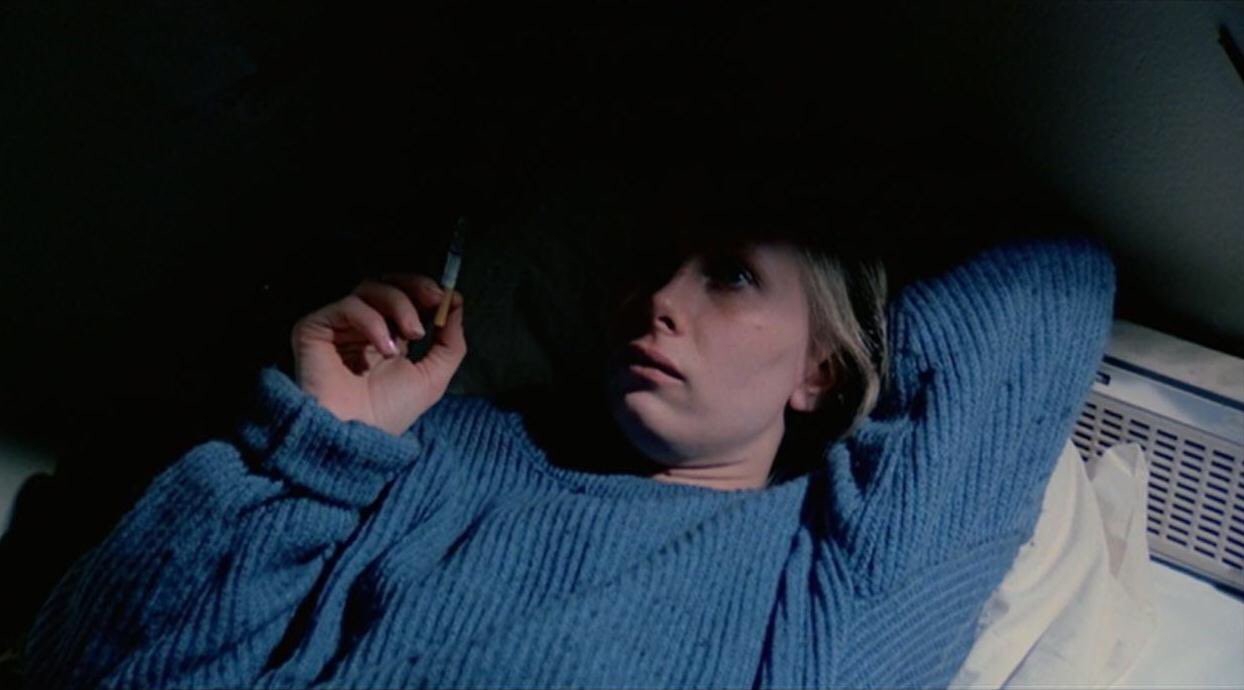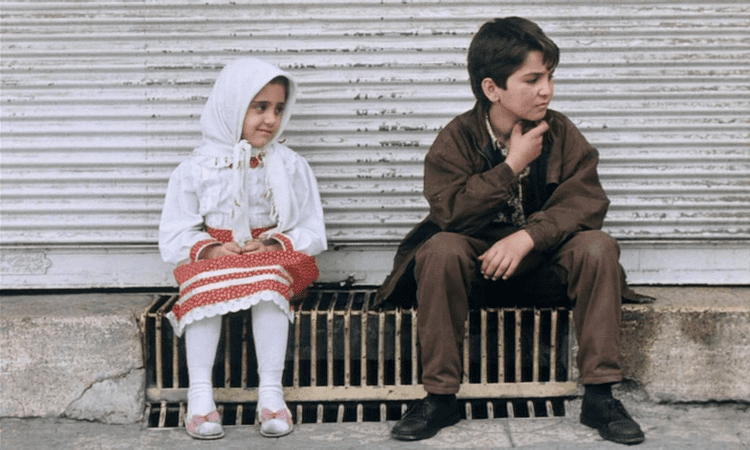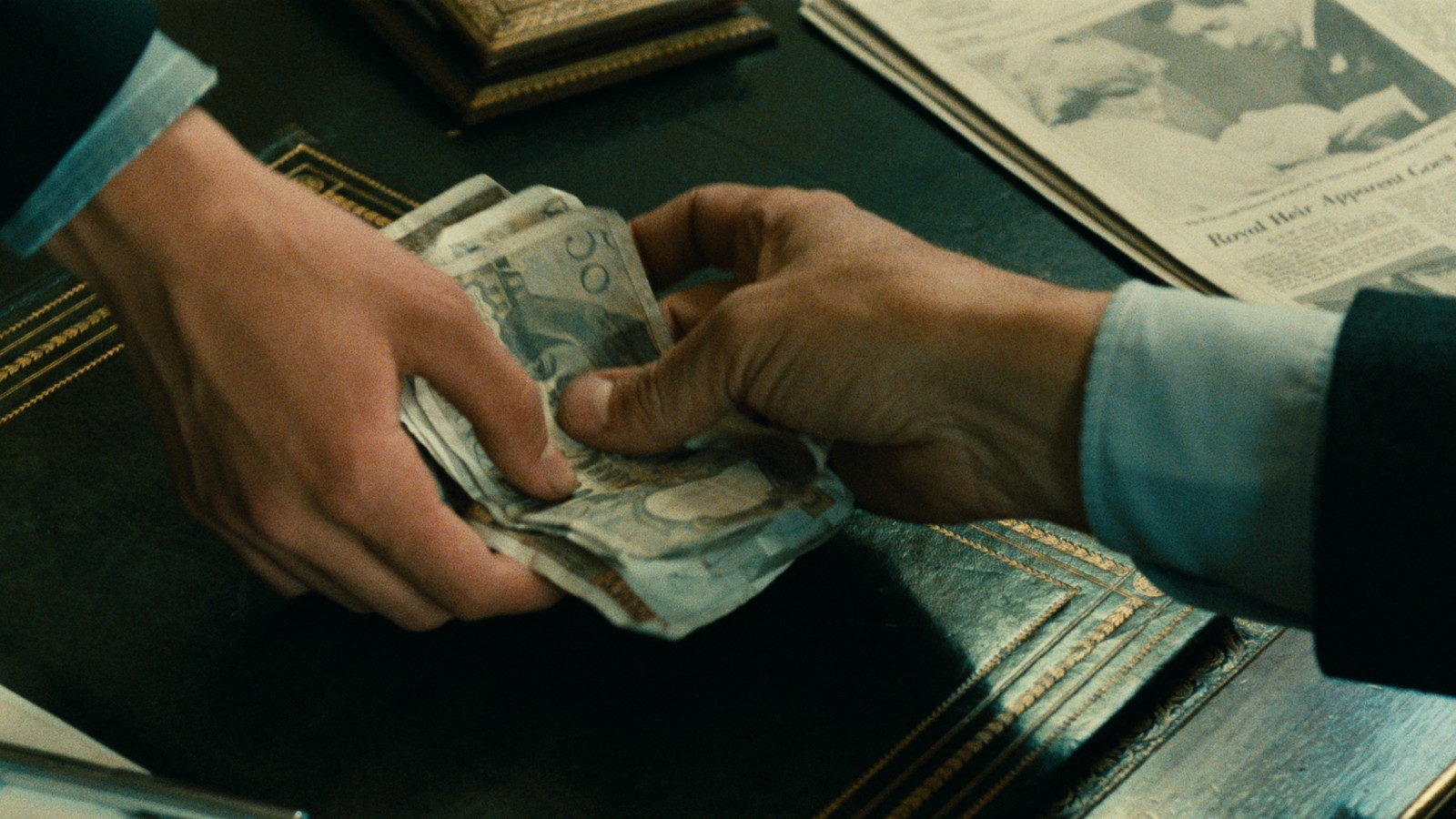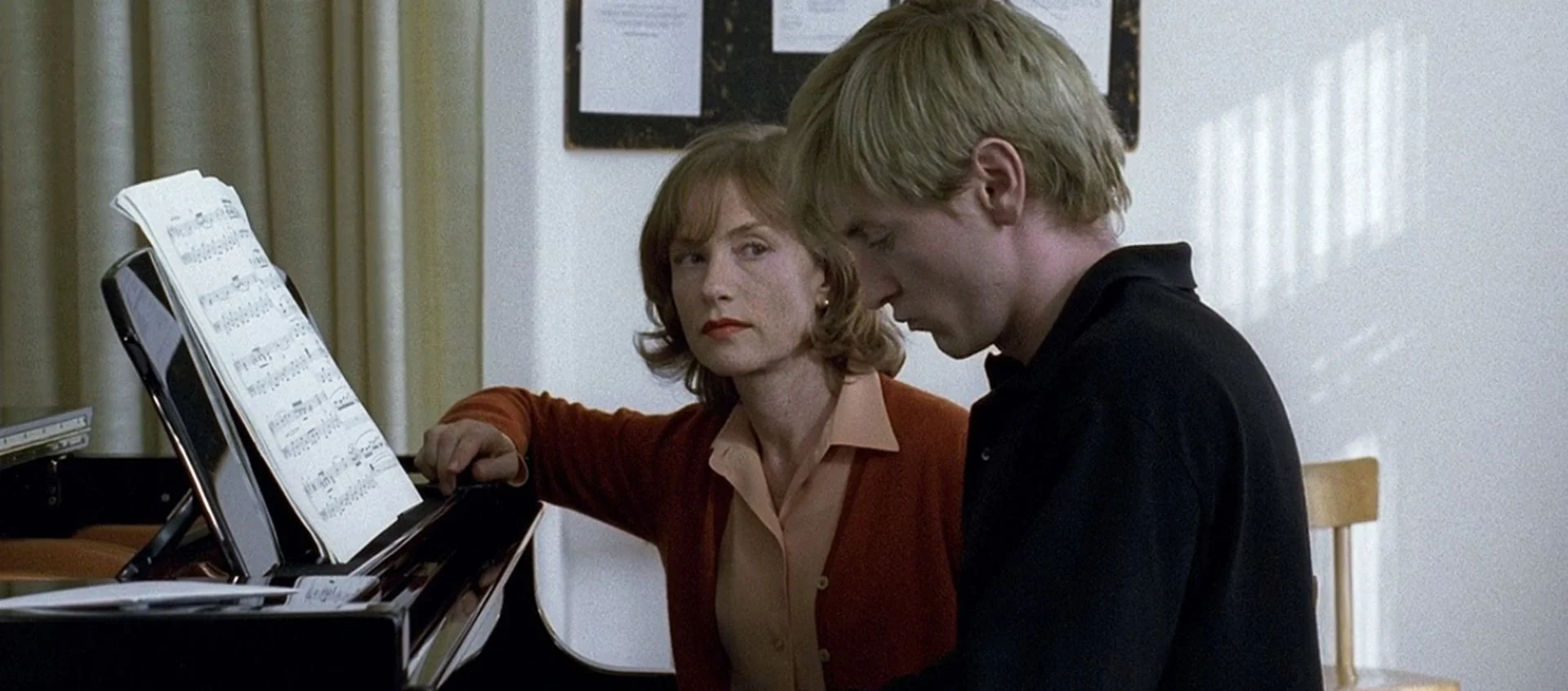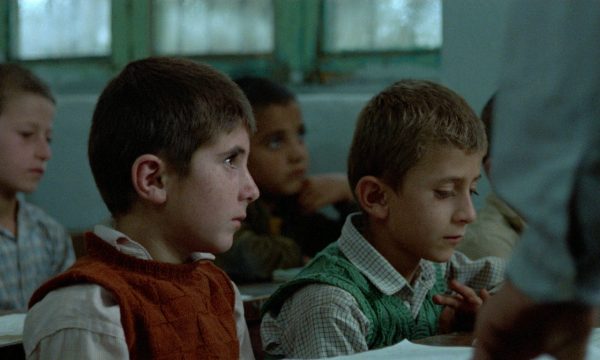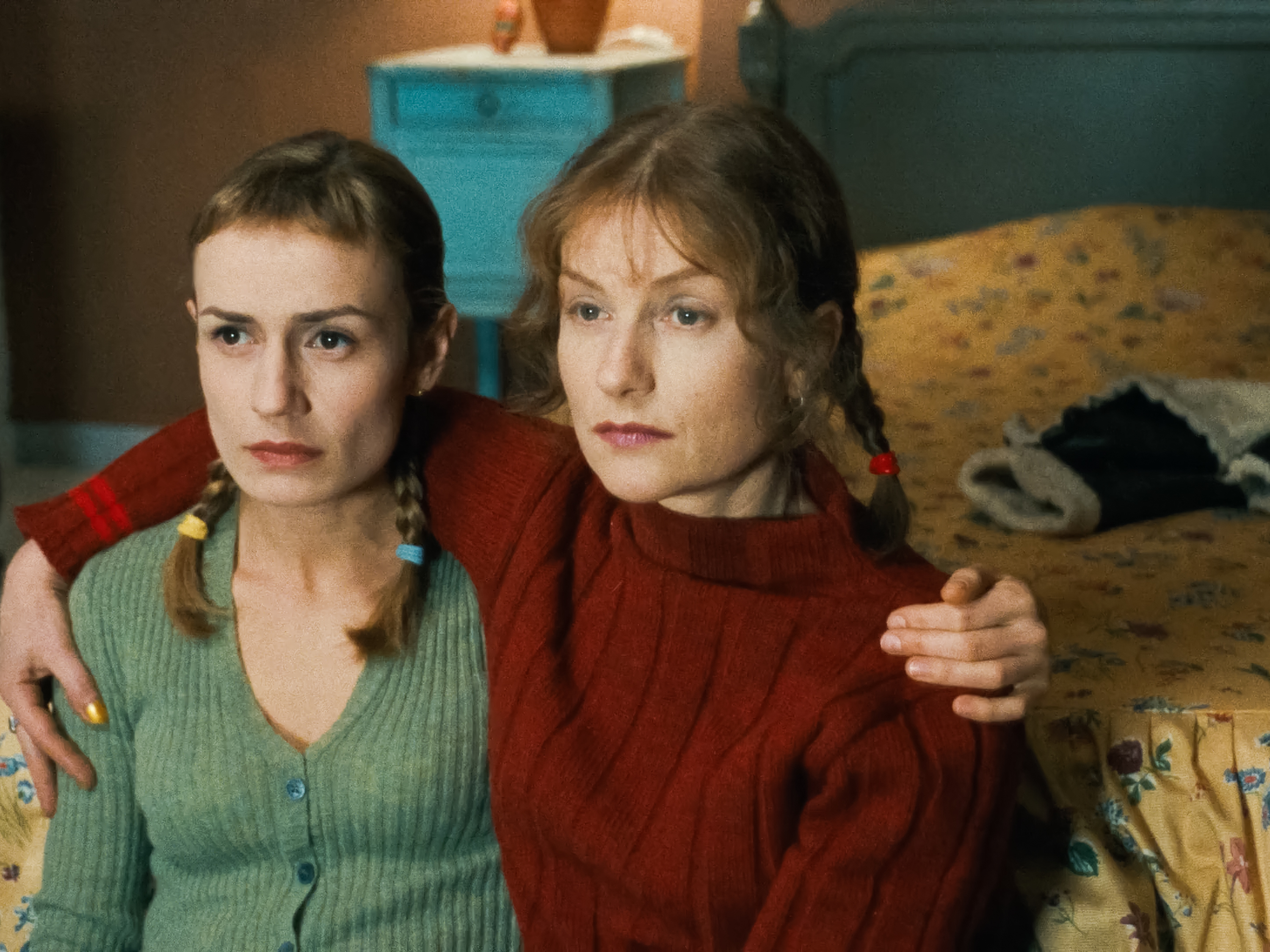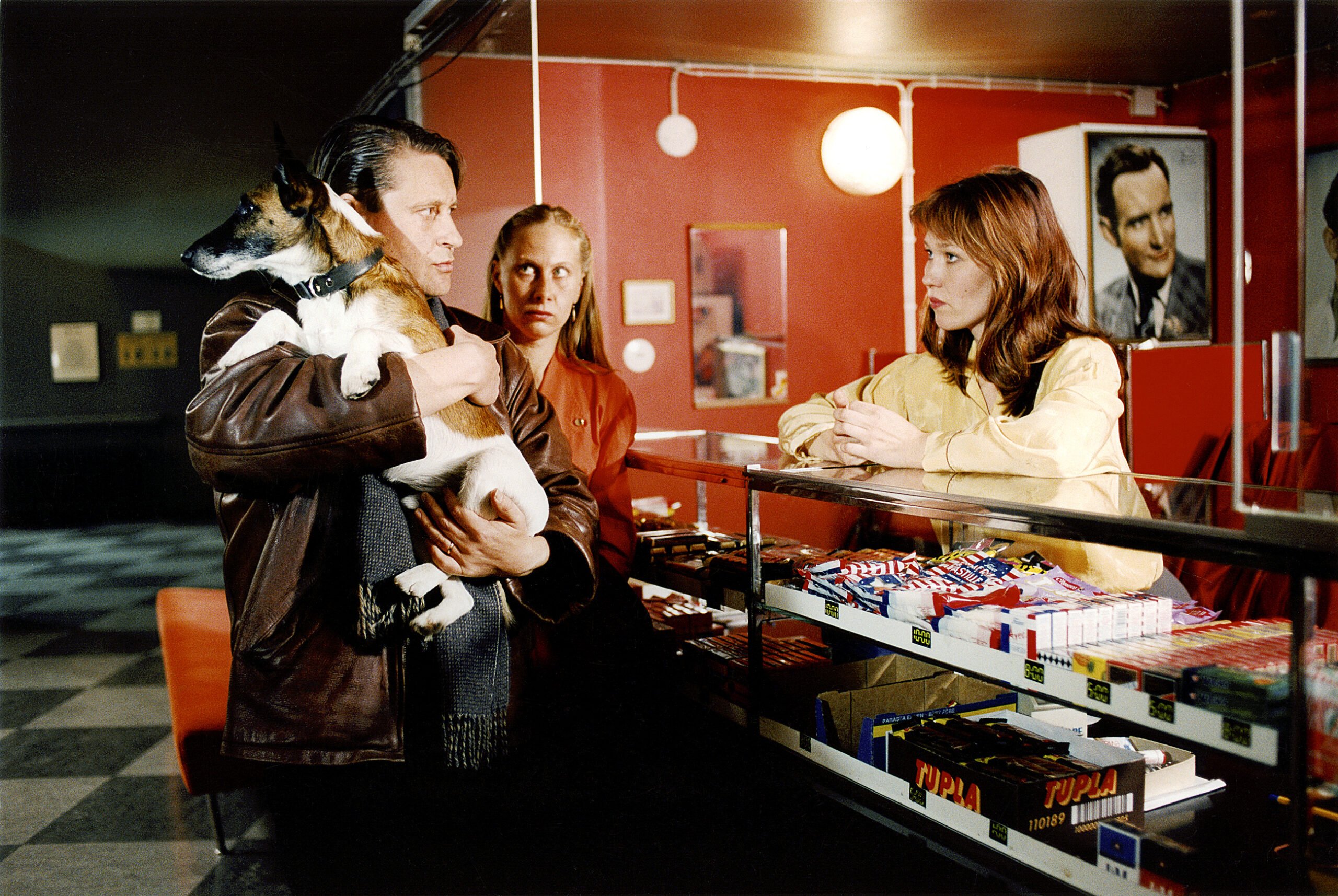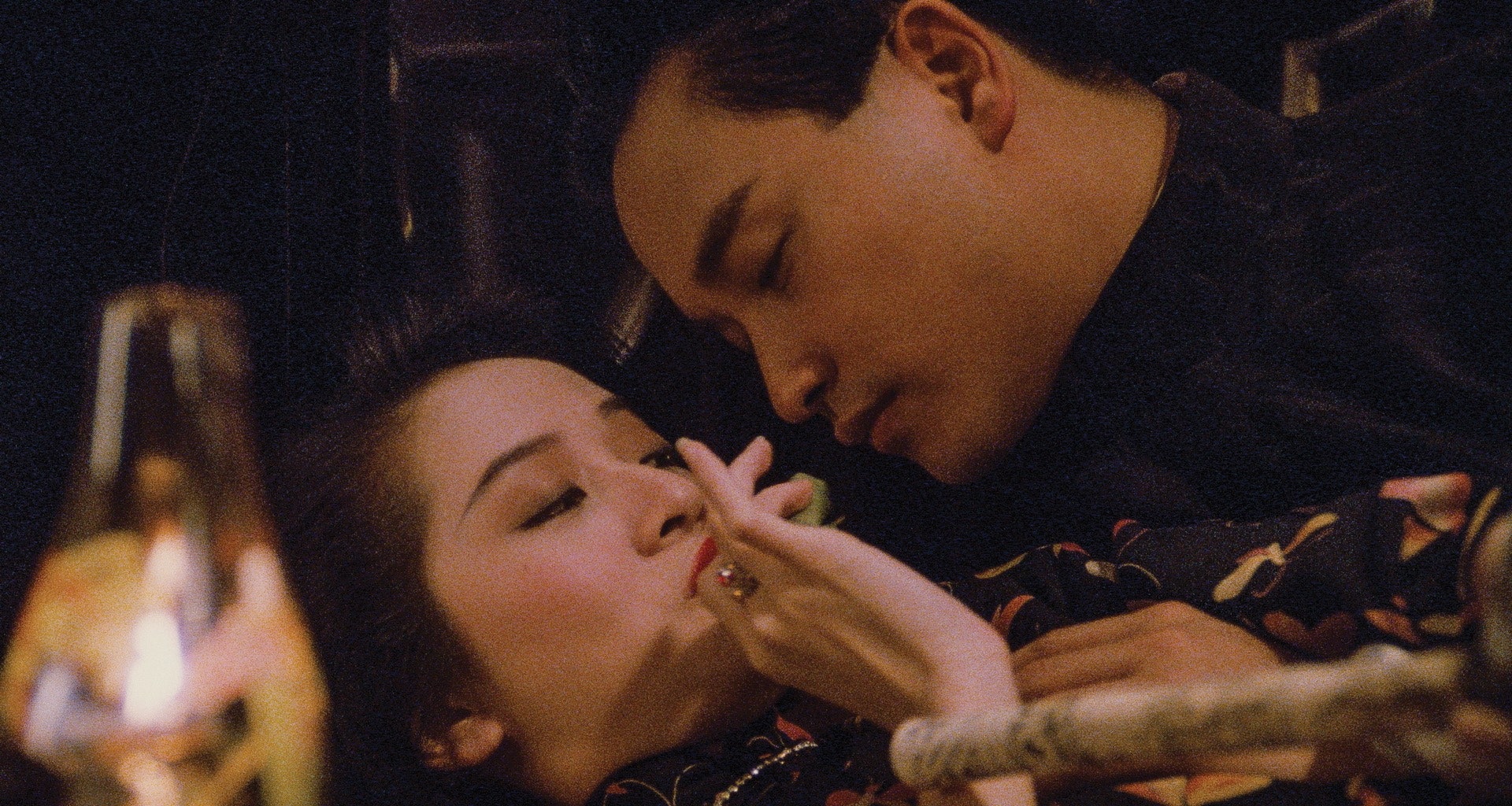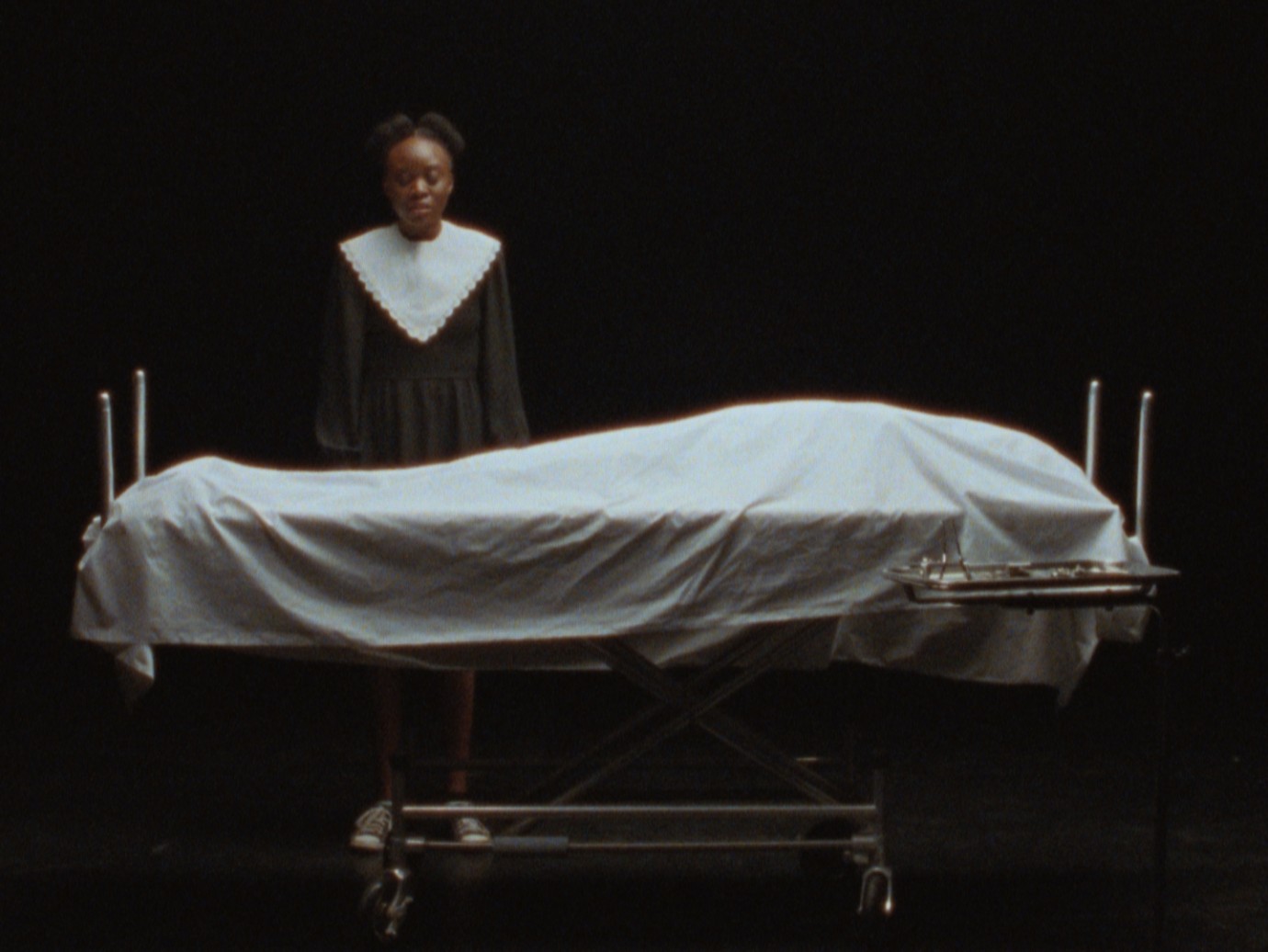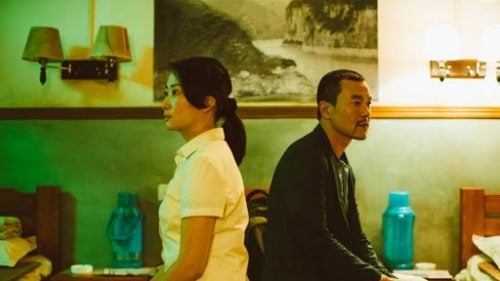
75 Best Foreign Movies on Criterion Channel Right Now
April 20, 2025
Share:
With its dedication to restoring and distributing classics, there’s no doubt that the Criterion Channel has a great library for viewers to dive into. They’ve unearthed films once thought to be lost, they’ve figured out how to adapt the classic widescreen aspect ratio to regular screens, and they also added thoughtful, scholarly essays and commentary tracks for movie lovers. It won’t be a surprise that their library also includes hidden gems from all over the world, so for cinemas wanting a glimpse of something new, here’s some of the best foreign films available to stream on Criterion Channel.
Read also:
11. The Umbrellas of Cherbourg (1964)
Genres
Director
Actors
Moods
If we were to list down the best of the best movie musicals ever made, most of the titles would probably come from the Golden Age of Hollywood. But we’d be remiss to forget that just a few years later, all the way across the pond, came The Umbrellas of Cherbourg, a French romantic musical from Jacques Demy. It’s certainly in the running for the most gorgeous musical ever made, with the bold, dreamy colors, incredible camera work, stylish costumes, and two beautiful leads front and center, but what makes Cherbourg great is the lush composition made by Michel Legrand. With the sweeping violins and the tragic lyrics of Devant le Garage, to the catchy, jazzy Scène du Garage that starts off the film, Les Parapluies de Cherbourg brings together sublime visuals and sound into one of the greatest musicals ever made.
12. The Match Factory Girl (1990)
Genres
Director
Actors
Moods
With its 69-minute runtime, ultra-minimalist approach to camera movement, and dialogue so sparse it could fit onto a single page, the first word that comes to mind when describing The Match Factory Girl is “lean.” The second word is “bleak”: for most of the film’s slight duration, we watch as the lonely titular character (Iris, played by Kati Outinen) passively endures a relentless barrage of cruelties, whether from her coldly detached parents, callous love interest, or simply fate itself.
And yet, these words — apt descriptors of the film as they are — only capture part of what makes The Match Factory Girl such a magnetic and unforgettable watch. When a late twist sees the film swerve into even darker territory, director Aki Kaurismäki’s twin approaches fuse into one that’s greater than the sum of its parts. Rendered in his characteristic deadpan style, the shocking event becomes sardonically funny — a gutsy move that only a real master of tone, as Kaurismäki is, could pull off.
13. The White Balloon (1995)
Genres
Director
Actors
Moods
There’s a universe of hard-hitting emotion hiding in Jafar Panahi’s deceptively simple debut feature, which follows a seven-year-old girl’s attempts to buy a goldfish before Nowruz, the Persian New Year, dawns. From start to finish, her shopping trip only takes 80-something minutes, and all of the action is confined to a couple of Tehran’s streets — but, because we experience The White Balloon in real-time through determined young Raziah’s (Aida Mohammadkhani) perspective, her simple quest is transformed into a perilous and profoundly emotional odyssey for audiences. Every emotion — from fear to wonder — is magnified through Raziah’s eyes, so much so that an unfortunately timed gust of wind comes to feel like a punch in the gut, and the sight of a fluttering banknote a euphoric miracle. Co-written by master of the Iranian New Wave Abbas Kiarostami, The White Balloon wrings expansive humanism out of its tiny canvas.
14. L’Argent (1983)
Genres
Director
Actors
Moods
With his final film, octogenarian master filmmaker Robert Bresson found the violent, chilling truth in that old cliché, “money is the root of all evil.” L’Argent extends the simplicity of its title (literally, “Money”) into the fabric of the film, using an extremely bare style to track the devastating domino effect that a childish ruse has on one man’s life. When a shopkeeper realizes two schoolboys swindled him out of 500 francs with a counterfeit note, he decides to pass the problem on by paying delivery man Yvon (Christian Patey) with the false note. But when Yvon tries to pay for his lunch with the money, the police are called and his life unravels.
This is just the start of L’Argent’s clinical exploration of the meanness and littleness of man’s greedy spirit. Yvon’s downfall is chronicled with matter-of-fact coldness: everything onscreen is minimal, from the precise cinematography and frugal editing to the non-professional actors’ expressionlessness. This detached style encourages us to absorb all the bitter emotion of the story, which feels — in such an economical format as this — like a moral tale as old as time, but no less cutting.
15. The Piano Teacher (2001)
Genres
Director
Actors
Moods
Based on the Austrian novel, The Piano Teacher is as brilliant and as disturbed as its protagonist. The film follows Erika Kohut (Isabelle Huppert), the repressed masochist in question, and the trainwreck of a relationship that she develops with her student Walter Klemmer (Benoît Magimel). Their dynamic is undeniably toxic. Austrian auteur Michael Haneke frames each scene with clinical detachment, but it is absolutely brutal how the two characters try to assert control over each other, engage in sadomasochism, and repeatedly violate each other’s boundaries. Huppert’s heartrending performance fully commits to the merciless treatment Erika receives. But more tragic is the way Erika’s unusual relationship could’ve freed her, could’ve helped her process her abuse, and instead, reinforces her repression. It’s scary to make yourself vulnerable by admitting your desires, only for them to be used against you.
16. Where Is the Friend’s House?
Genres
Director
Actors
Abbas Kiarostami delivers a tale of towering simplicity. A young boy mistakenly takes his friend’s notebook home and, knowing the friend faces expulsion without it, goes on a journey to bring it back. He visits the neighboring town but without a clue where his friend lives must rely on the kindness of strangers and overcome the stubbornness of adults who get in his way.
This adventure is both a loose moral parable as well as a striking portrait of life in rural Iran. More than this, it’s a testament to the capacity of children’s films to communicate depth when the filmmaker respects a child’s intelligence. The earnest young actors at its heart add an emotional immediacy that underscores Kiarostami’s empathetic direction.
17. La Ceremonie (1995)
Genres
Director
Actors
Moods
La Cérémonie is the kind of thriller you can watch repeatedly and glean new insight from each time. Right from its first scene, there’s something puzzling about the buttoned-up Sophie (Sandrine Bonnaire) that narrows your focus and pulls you in. What’s remarkable is that, even after the secret Sophie’s keeping that seems to explain her strangeness is revealed, our intrigue never dips. Director Claude Chabrol and his cast construct a gripping twin character study and biting social commentary around that initial hook, as Sophie finds a kindred spirit in the equally uncanny Jeanne (Isabelle Huppert), who opens her eyes to the slyly patronizing way Sophie’s employers treat her.
The film’s study of class relations is always subtle, never veering into over-pronounced territory. That much is clear from the fact that, although some of Sophie’s employer’s family are quite likable, you still understand the ways they’re inextricably embroiled in the film’s quiet indictment of the power dynamics that rule this lofty mansion. More nuance comes by way of the strikingly nonchalant ways evil is depicted in La Cérémonie — just another example of the movie turning something expected (violence is foreshadowed early on) into something that remains viscerally shocking, no matter how many times you watch it.
18. Drifting Clouds (1996)
Genres
Director
Actors
Moods
An early gem from Finnish maestro Aki Kaurismäki, Drifting Clouds is a deceptively simple story. The aftermath of job losses for wife Ilona (Kati Outinen) and husband Lauri (Kari Väänänen) holds a series of misfortunes, all of them tests to their marital bond. But this is only the beginning: as with Kaurismäki’s endearing use of flat irony and detached performances by regular actors of his, things can only get worse before they get better. Humanism has always shined through the director’s films, and this first part of a “Finland” trilogy makes no exception to the rule: the fact that labor and closeness are the two main themes (and are equally important for one’s survival) already elevates the absurdist comedy to something way more caring, engaged, and ultimately, tender.
19. Rouge (1987)
Genres
Director
Actors
Moods
Vivid, seductive, and highly romantic, Rouge starts as an enchanting tale of a ghost courtesan that haunts a modern-day couple to look for her lost lover. It’s easy to be swayed by the ghostly lovers – the courtesan Fleur (Anita Mui) and wealthy pharmacy chain heir Chan Chen-Pang (Leslie Cheung) start off the film courting each other (and the audience) through lush visuals, dramatic declarations, and Cantonese song. They agree to a suicide pact and promise to find each other in the next life. However, as Fleur haunts newspaper journalists Yuen and Chor, it’s clear how different Hong Kong has become. From its culture to its attitudes towards romance, Rouge suggests that while modern day Hong Kong may be more cold and standardized, the past as we know it is only a gorgeous dream. And that dream hides a tragic, sordid reality.
20. Cette Maison (2022)
Genres
Director
Actors
Moods
A harrowing family loss sets off a poetic exploration of grief in this experimental film from Haitian-Canadian filmmaker Miryam Charles. The focus of the movie is Charles’ own cousin, who was found murdered in her Connecticut bedroom in 2008. Rather than let her cousin’s life remain frozen at that point in time, Charles unmoors her film from the cold realities of time and space to suggest new perspectives on the girl’s past and imagine a future that never came. While events like the family’s decision to move to the US are recast as portends of tragedy, there’s also deep generosity in the movie’s ghost story — such as the joyous scenes it depicts from a mother-daughter trip to the family’s home country of Haiti, a trip that never actually took place.
It’s not always easy to discern where or when we’re at in its liberal toggling between time and space, but once Cette Maison establishes its unconventional visual language, everything comes into poignant focus. Given the reality on which it’s based, this is undoubtedly a heartbreaking watch, but the way Charles’ movie evokes the ability of imagination to both deepen and assuage the pain of grief is nothing short of revelatory.
Read also:
Comments
Add a comment
Ready to cut the cord?
Here are the 12 cheapest Live TV streaming services for cord-cutting.
More lists
Lists on how to save money by cutting the cord.
Curated by humans, not algorithms.
© 2025 A Good Movie to Watch. Altona Studio, LLC, all rights reserved.
